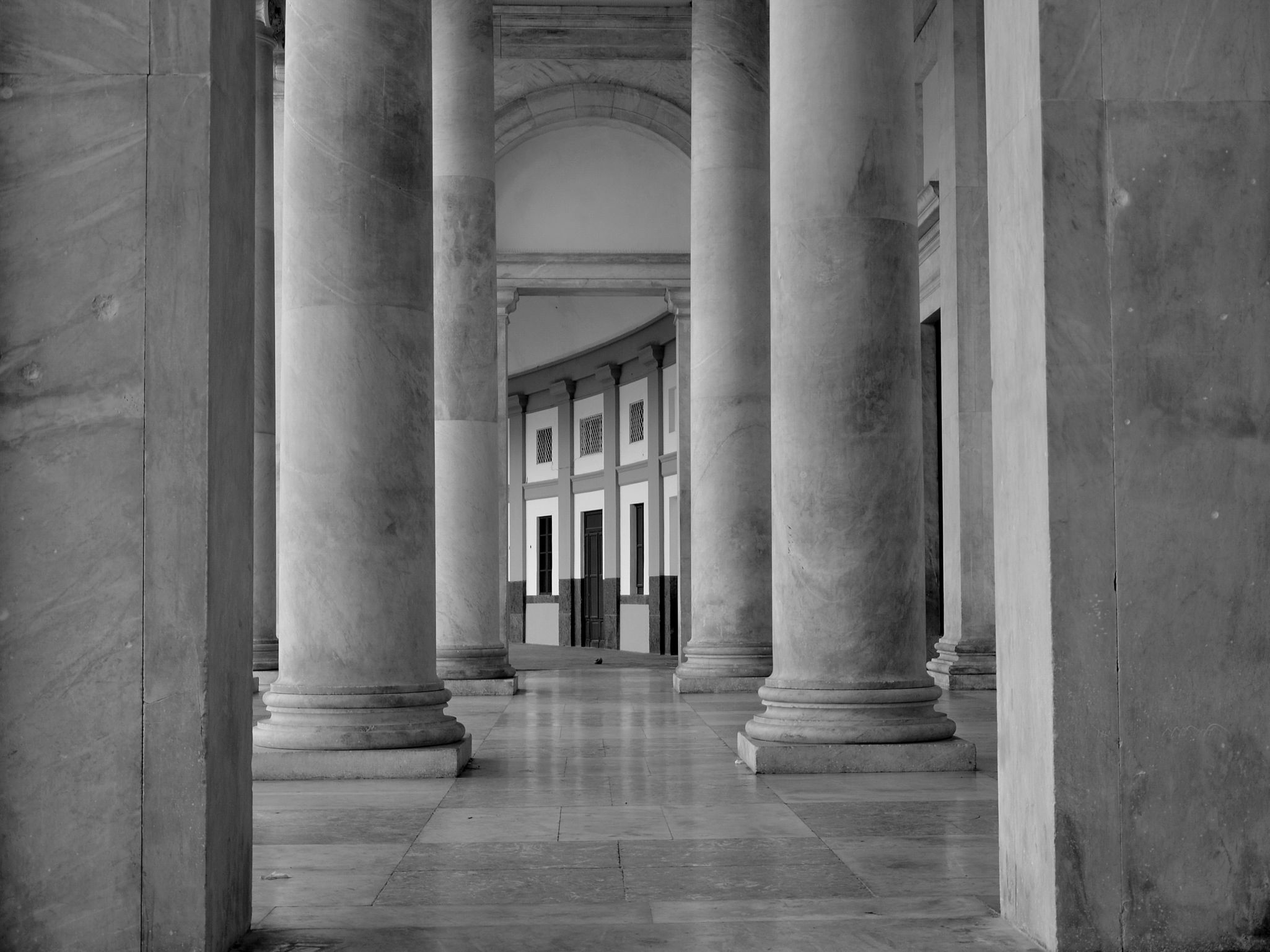
On March 4, 2019, the U.S. Supreme Court held that parties seeking to institute copyright infringement litigation must do more than merely apply to register their work with the Copyright Office prior to filing suit. In Fourth Estate Pub. Benefit Corp. v. Wall-Street.Com,1 the Court ruled that such litigation must await the Copyright Office's decision either granting or denying the application for registration. The opinion resolves a circuit split on the meaning of language in the Copyright Act that requires "registration" before litigation. 17 U.S.C. §411(a). As a practical matter, the decision may weed out some meritless copyright claims and slow the pursuit of others.
Before the Supreme Court's decision, the Fifth and Ninth Circuits had interpreted the Copyright Act to allow a copyright claimant to file suit for infringement immediately upon applying to register their work.2 The Tenth and Eleventh Circuits had held that mere application was not enough, and that a determination by the Copyright Office either registering the work or refusing registration was required.3 Writing for a unanimous Court, Justice Ginsburg said: "We hold… that registration occurs, and a copyright claimant may comment an infringement suit, when the Copyright office registers a copyright."4 In other words, a copyright claimant must await a decision from the Copyright Office prior to commencing litigation.
The opinion is likely to deter at least some meritless copyright litigation. Parties seeking to claim rights in material that may not be protected by copyright will no longer be able to race to court upon the mere filing of an application for registration with the Copyright Office. Those parties may ultimately decide a case is not worth pursuing if the Copyright Office refuses to grant registration. Cf. Ribeiro v. Epic Games, Inc., (C.D. Cal. 2019) (plaintiff filed infringement action based on application to register supposed copyright in short dance move, but the Copyright Office refused registration six weeks later).5
The registration requirement may also slow the pursuit of copyright litigation in those circuits that previously required only an application. On average, it takes the Copyright Office seven months from the time a party applies to register a work, for the Office to grant or refuse registration. Expedited treatment of an application is available for an additional $1350. But even then, the process can take half a month, on average, assuming all of the special requirements are met. Promptly registering a work upon its creation can help avoid these delays in enforcement actions.6
The decision does not expressly speak to its impact on pending cases—that is, cases that were previously filed and allowed to proceed based solely on an application for registration. But the decision suggests that such cases must be dismissed—despite potential negative implications under the statute of limitations. Fourth Estate, 586 U.S. at *11-12 ("Unfortunate as the current administrative lag may be, that factor does not allow us to revise §411(a)'s congressionally composed text.").
The Court's ruling will have no effect on infringement actions involving foreign works by foreign authors that were not first published in the United States because, as the ruling notes, the registration requirement of 17 U.S.C. § 411(a) does not apply to foreign works. Fourth Estate, 586 U.S. at *9 ("In 1988, Congress removed foreign works from §411(a)'s dominion in order to comply with the Berne Convention for the Protection of Literary and Artistic Works' bar on copyright formalities for such works.").
For more information regarding the Supreme Court's recent decision, concerns regarding copyright litigation, or any related matter, please contact any member of the of the Internet Strategy and Litigation Group at Wilson Sonsini Goodrich & Rosati.
Contributors
- Privacy Policy
- Terms of Use
- Accessibility
